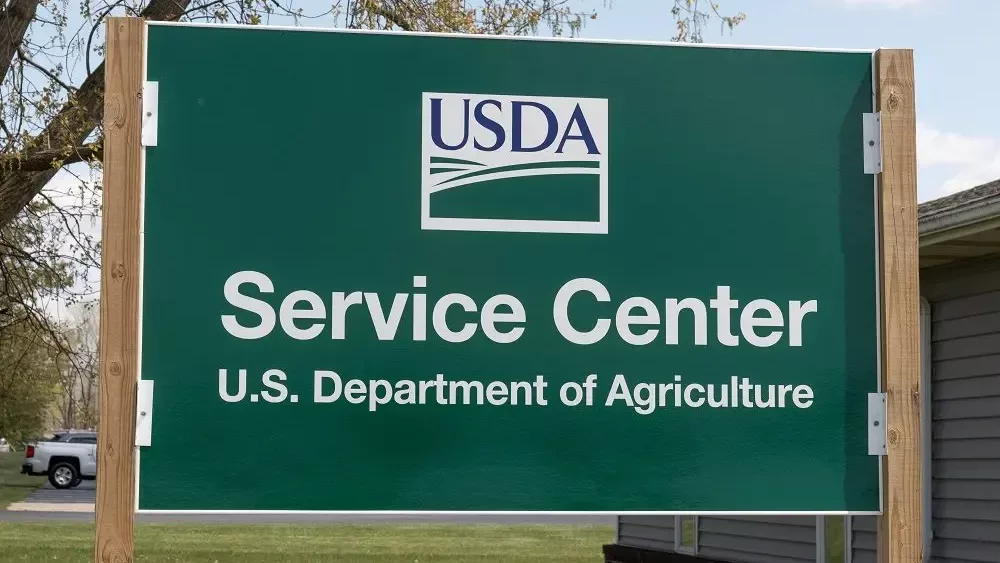
The COVID pandemic has wreaked havoc on all agricultural systems across the country.
A newly published report conducted by ag economists with the Michigan State University College of Agriculture and Natural Resources shows that the Michigan economy experienced a decline exceeding $2.1 million from pandemic effects on ag producers. The hardest hit industries were dairy and vegetable production.
“COVID-19 has been very disruptive to supply chains—no supply chain has been disrupted more in a general sense than the agri-food sector,” said Dr. Steve Miller, director of the MSU Center for Economic Research.
Miller led this project, which was commissioned by Michigan Farm Bureau. It examines how consumers are changing their purchase behaviors and how it disrupted those supply chains. Miller led this project in response to a request from Michigan Farm Bureau. It examines how consumers are changing their food purchase behaviors and other Covid-19 disruptions in the agrifood supply chains. Dr. Trey Malone and Dr. Aleks Schaefer, also of the College of Agriculture and Natural Resources, were key researchers in interpreting market shifts following the pandemic.
“Production disruptions have been particularly harsh for labor intensive producers,” said Miller. “Covid-19 has also disrupted consumer demand. Most notably, as consumers shifted from food-away-from-home to food-at-home, they created disruptions throughout the supply chain – shifting from those commodities that are commonly purchased at restaurants to those commonly purchased for home consumption.”
Two examples would be tart cherries and pork because they’re found more at restaurants compared to at home dining.
“Tart cherries are going to get hit much harder with the shift of consumers moving to food-at-home rather than food-away-from-home,” said Miller. “Pork is another industry that tends to be consumed much more in restaurants than at home. We’re expecting to see a larger impact.”
Dr. Miller added that pork has a different source of impact.
“[The process] of raising pork, getting it to market is very fine tuned,” he said. “If you make a disruption, like suddenly stop processing hogs, you get a backlog. This backlog has to work its way through that production chain.”
When production is disrupted, it impacts the consumer in the both the quantity that is purchased and the price paid.
“As supply becomes constricted, consumers bid up the prices,” said Miller. “We are seeing evidence of price inflation coming from the food sector. It’s getting more costly for us to consume food, and obviously a little bit more challenging as we find shelves empty.”
While Miller isn’t anticipating hoarding to happen this fall and winter, the disruptions on the store shelves are still a cause for concern for consumers.
“It’s making them willing to purchase at a higher price, and it’s giving vendors a reason to raise the price,” said Miller. “At the same time, vendors are paying a higher price for the supply they’re actually receiving.”
Miller added that American ingenuity is still alive and well, and the industry is adopting and adapting to the new environment.





